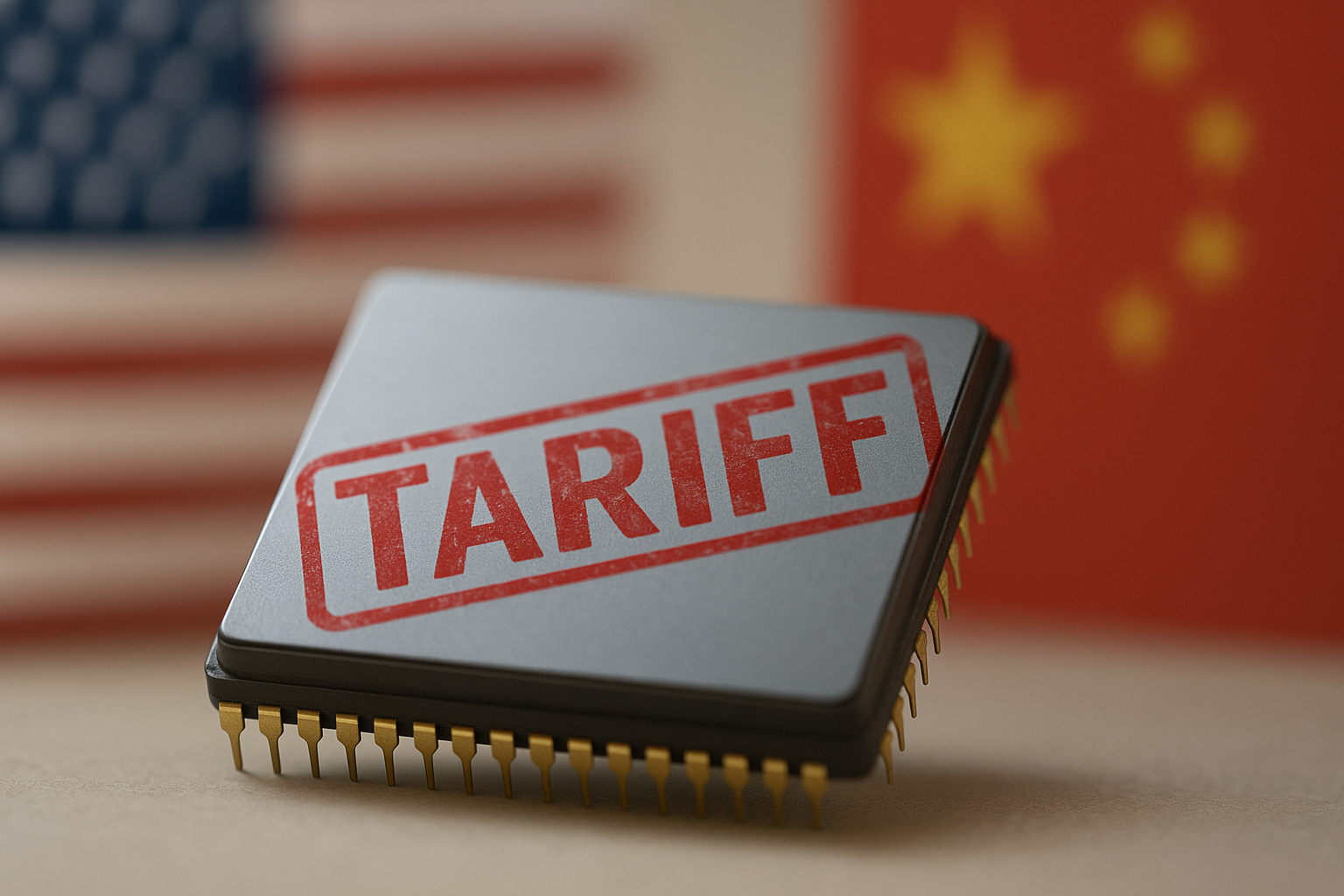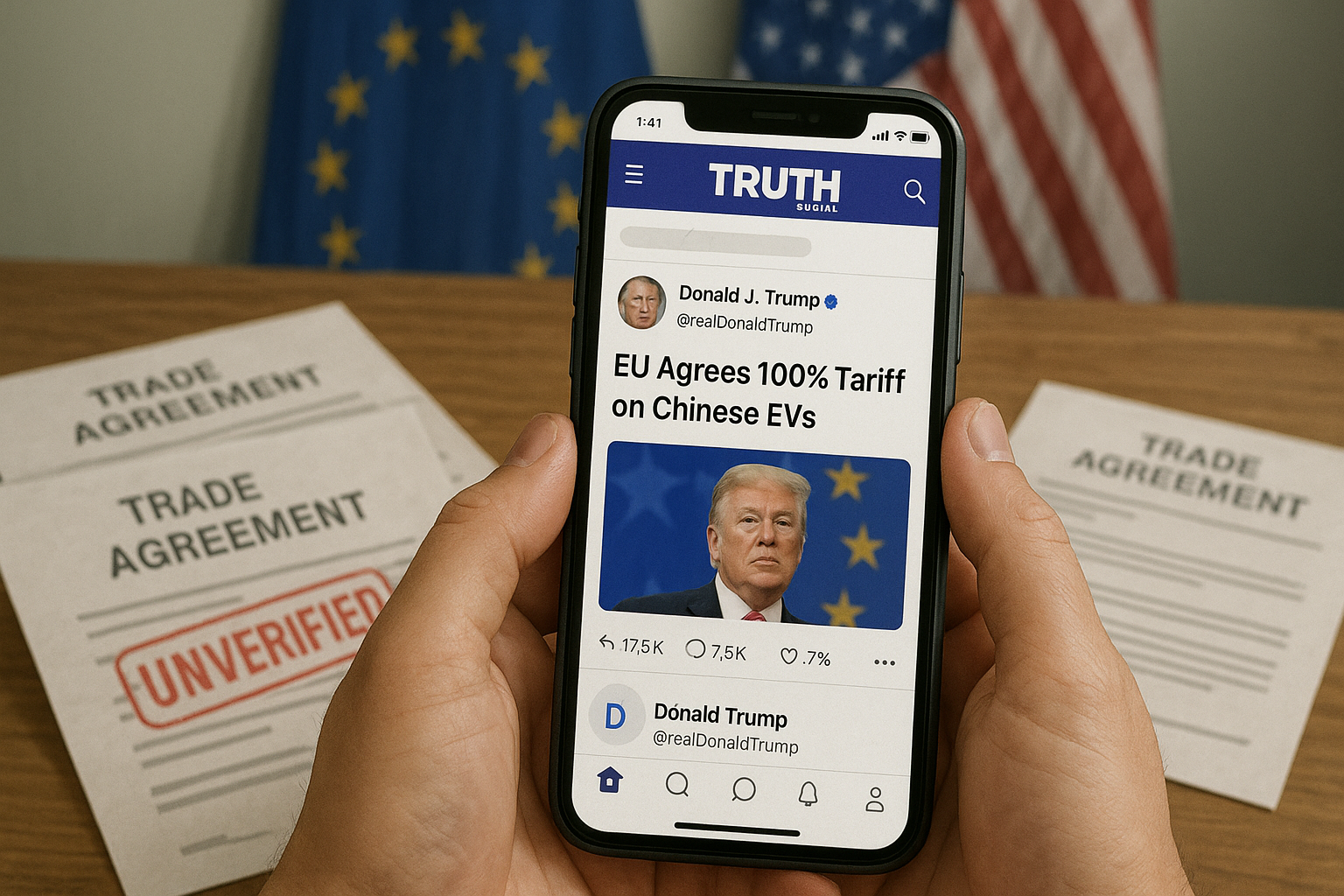The financial world is humming with anticipation over next Monday's China trade deal announcement. I've watched these diplomatic dance routines before, and honestly, the choreography rarely changes — big promises followed by disappointing deliverables.
But wait. This time feels... different.
Both countries are squirming under economic pressures that might actually force something substantial rather than another diplomatic head fake. Having covered U.S.-China relations since the tariff wars began, I've developed a healthy skepticism about breakthrough announcements. This one, though, has some unusual elements.
Markets Desperate for Certainty
Let's be real — markets hate uncertainty more than they hate bad news. It's that weird phenomenon where a company announces terrible earnings and the stock jumps 6% because, well, at least now we know how bad things are.
"The market has been pricing in worst-case scenarios for so long that even modest improvements in trade relations could trigger significant upside," explained Maria Cantwell, chief strategist at Blackwood Capital, when I spoke with her yesterday. "It's not about getting a perfect deal — it's about getting any deal with actual substance."
Tech stocks are particularly sensitive to this development. Apple shares have bounced around like a ping-pong ball every time a trade headline crosses the wire. (The company's awkward position of trying to reduce Chinese manufacturing dependency while not angering its second-largest market would make anyone twitchy.)
Nvidia and Intel? Same story, different semiconductors.
The Chinese Consumer Wildcard
One angle that's not getting enough attention is what this might mean for Chinese consumer sentiment.
Nike and Starbucks executives are watching closely — and they should be. Their China growth narratives have been central to investor pitches for years. A meaningful trade deal that lifts consumer confidence in China could translate directly to their bottom lines.
I've visited Shanghai twice in the past year, and the mood among middle-class consumers there is... complicated. There's money to spend, but a noticeable hesitancy about the future that wasn't present five years ago.
The Inflation Question Nobody's Asking
Here's something counterintuitive — what if this deal actually reignites inflation pressures?
Lower tariffs should mean lower prices, in theory. But increased economic activity pushes in the opposite direction. And lately, economic energy has been showing up in prices before productivity.
"The Fed is watching this closely," a senior economist at the Federal Reserve Bank of San Francisco told me off the record. "Trade normalization could create price pressures we haven't fully modeled."
How to Play It
Look, I'm not in the business of giving investment advice, but if I were positioning my own portfolio (which I might be), I'd be looking at tech stocks with substantial China exposure.
The trick with these binary events? Finding asymmetric risk-reward scenarios where your downside is limited but upside remains substantial.
What's fascinating is watching different sectors pricing in expectations differently. Semiconductor stocks seem to be anticipating champagne and roses, while industrial names remain... unconvinced.
The smartest investors I know are setting up options strategies that benefit from increased volatility in either direction, rather than betting on a specific outcome.
Because let's face it — we've all seen the movie where a "major breakthrough" turns into "continued dialogue" and "framework for future discussions" by the time the closing credits roll.
But maybe — just maybe — this time the sequel has a different ending.




